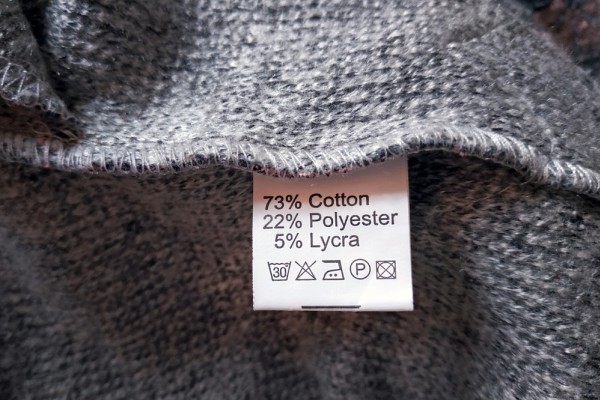MIT develops new AI privacy metric that protects sensitive data
14/07/2023 | MIT
Researchers at MIT have developed a new privacy technique that protects sensitive data while maintaining a machine-learning model's performance. The technique called Probably Approximately Correct (PAC) Privacy involves adding the smallest amount of noise possible to ensure data privacy. The framework can be used for different types of models and applications without needing knowledge of the model's inner workings or training process. The technique also requires less noise than other approaches, making it easier to create machine-learning models that hide training data while maintaining accuracy in real-world settings.

What is this page?
You are reading a summary article on the Privacy Newsfeed, a free resource for DPOs and other professionals with privacy or data protection responsibilities helping them stay informed of industry news all in one place. The information here is a brief snippet relating to a single piece of original content or several articles about a common topic or thread. The main contributor is listed in the top left-hand corner, just beneath the article title.
The Privacy Newsfeed monitors over 300 global publications, of which more than 6,250 summary articles have been posted to the online archive dating back to the beginning of 2020. A weekly roundup is available by email every Friday.

